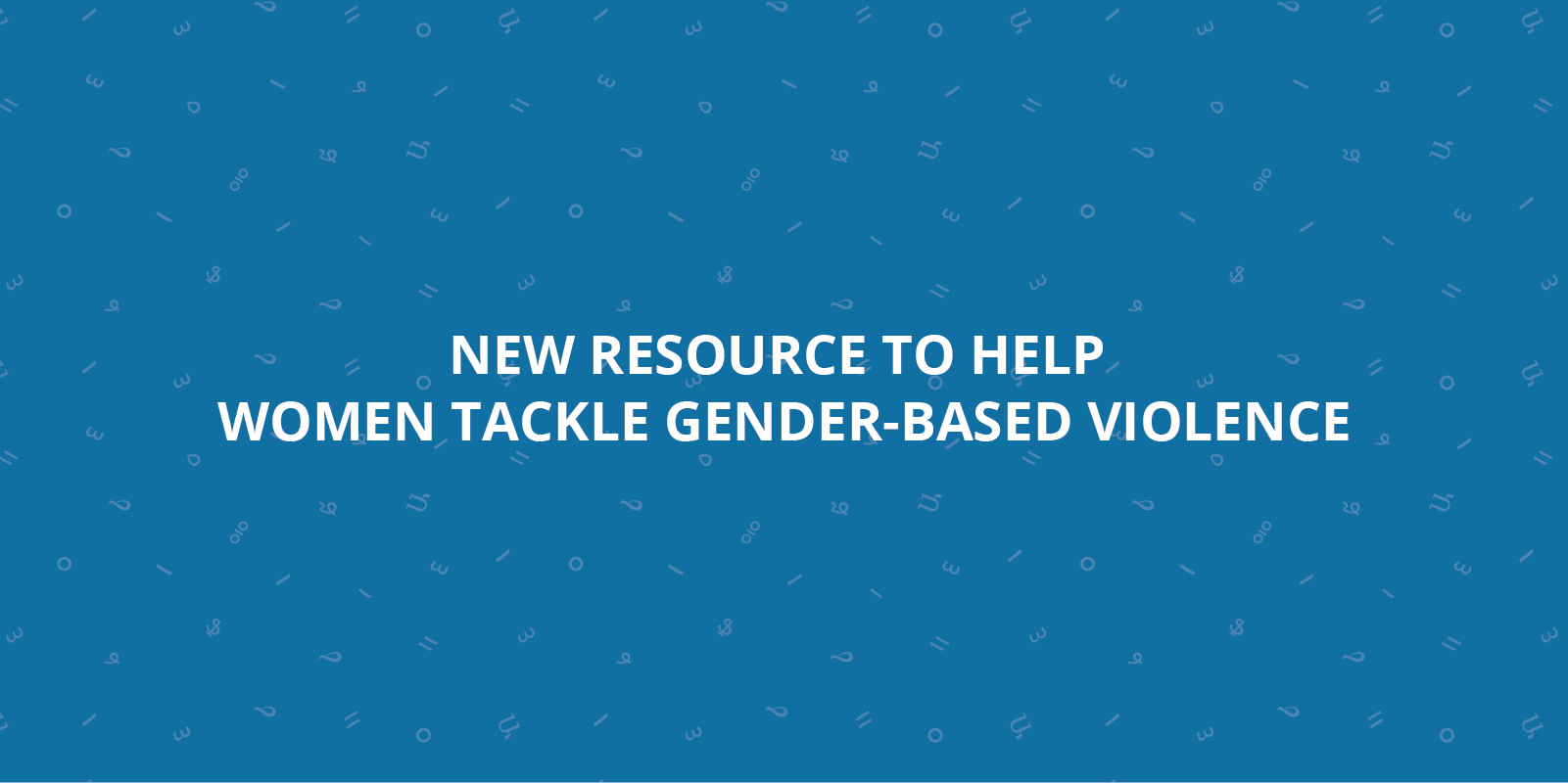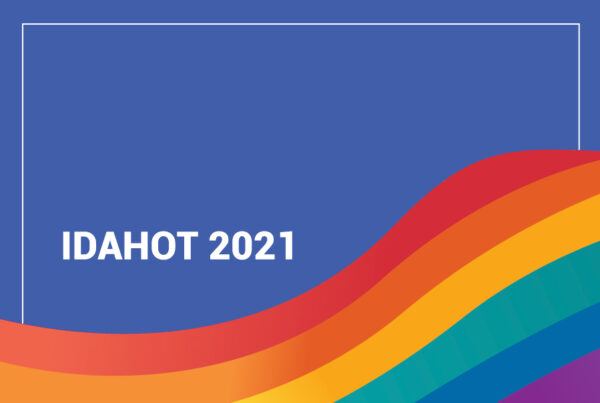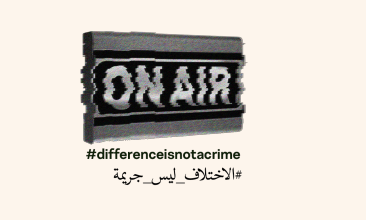In an online environment where harassment and intimidation remain common, many women and trans persons face challenges in expressing themselves freely on the net.
In response, the Tactical Technology Collective, an international organization dedicated to the use of technology in activism, has created a new online manual to help women and trans persons to continue to communicate online while protecting their safety and privacy and increasing their digital security.

Titled “Zen and the art of making tech work for you”, the manual “focuses on two overlapping issues: how to craft an appropriate online presence, or a series of them, in a way that strengthens our ability to communicate and work online safely; and, how to collaboratively create safe online and offline spaces that enable our communities to share, collaborate, and communicate,” said the coordinator of the organization’s Gender and Technology project.
We communicated with the coordinator, who preferred to remain anonymous because of the project’s sensitivity, via jitsi.org, an end-to-end encrypted communications platform.
The manual aims at empowering women and trans activists, human rights defenders, sexual rights activists and technologists by providing them with knowledge and resources to face the gender-based online violence that often undermines their engagement for political change and human rights.
In its first part, the manual explores the digital traces we leave when using the Internet and explains how to create one or several online identities based on one’s nature of work and needs.
In some contexts, it might be useful or necessary to use your real name, while in others it might be strongly recommendable to use pseudonyms or to browse the web anonymously. Disposable email addresses or the use of different computers for different identities are some of the tools suggested.
The guide explains as well the sociological and psychological factors to be taken into account before creating one’s online identities. It also provides real cases as examples and many online resources to help women protect the safety of their networks whether family, social or work-related.
The second part is dedicated to the creation of supportive safe spaces that allow women communities to flourish and become empowered while having the tools to avoid -but also to face- bigotry and intimidation.
It provides practical advice, for example, on possible ways to deal with online trolls and support others under attack, and presents strategies of resistance for online and offline spaces that might be hostile to women and trans persons.
One chapter specifically focuses on documenting violence because this is “key to showing the true extent of this problem […] as well as exhibiting the structural aspects of gender-based violence […].”
The manual is a community-built project created based on extensive discussions among 20 women from 19 different countries. The idea was to respond as closely as possible to real needs. Some women participating were from the MENA region or had experience in the conditions of women in that area.
The project coordinator said that the next step for the project is to improve the manual with feedback from concerned individuals and then to translate it to other languages in order to guarantee a wider reach.
“We would like to have translations that take into account specific cultural references, examples and recommendations,” she said.
The idea is also to create a “dynamic” manual, a living document that is updated frequently by communities themselves based on new technological advances and arising needs.
The MENA region might be one of the regions for which the manual would be adapted. The organization has already published online security resources specifically tailored for LGBTQ communities in the Middle East and North Africa region.
One of the main challenges today is to create a solid and extensive network of local practitioners working on online security and privacy. According to her, in many regions, women working in those fields say they are isolated and lack support.
In Pakistan, for instance, some women assume that getting online comes with harassment, and cannot imagine connecting without being subjected to threats and abuse.
Thus the need for a manual that functions as a support resource for women and trans persons by enabling them to ultimately be more in control of the technologies they use.





